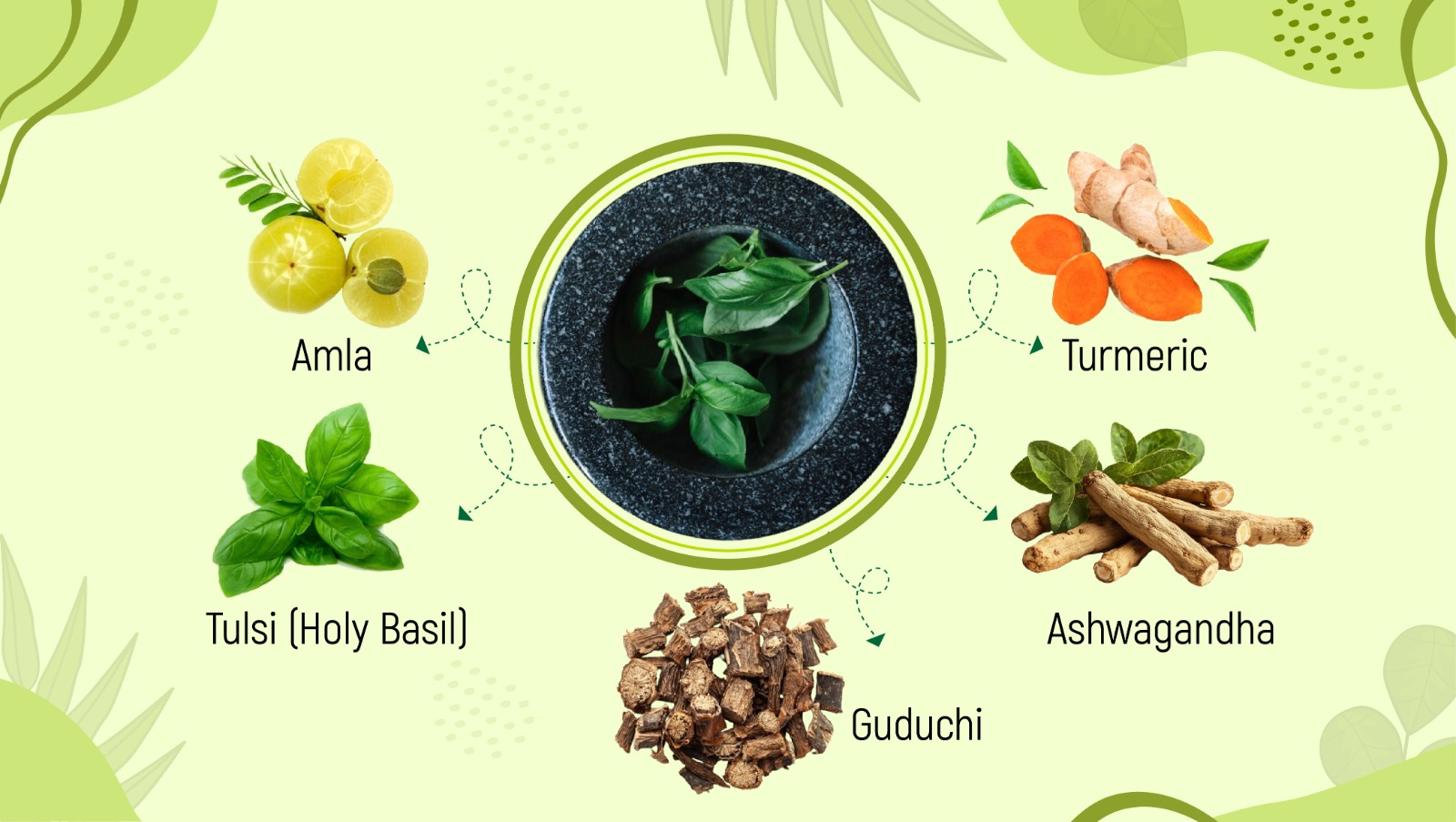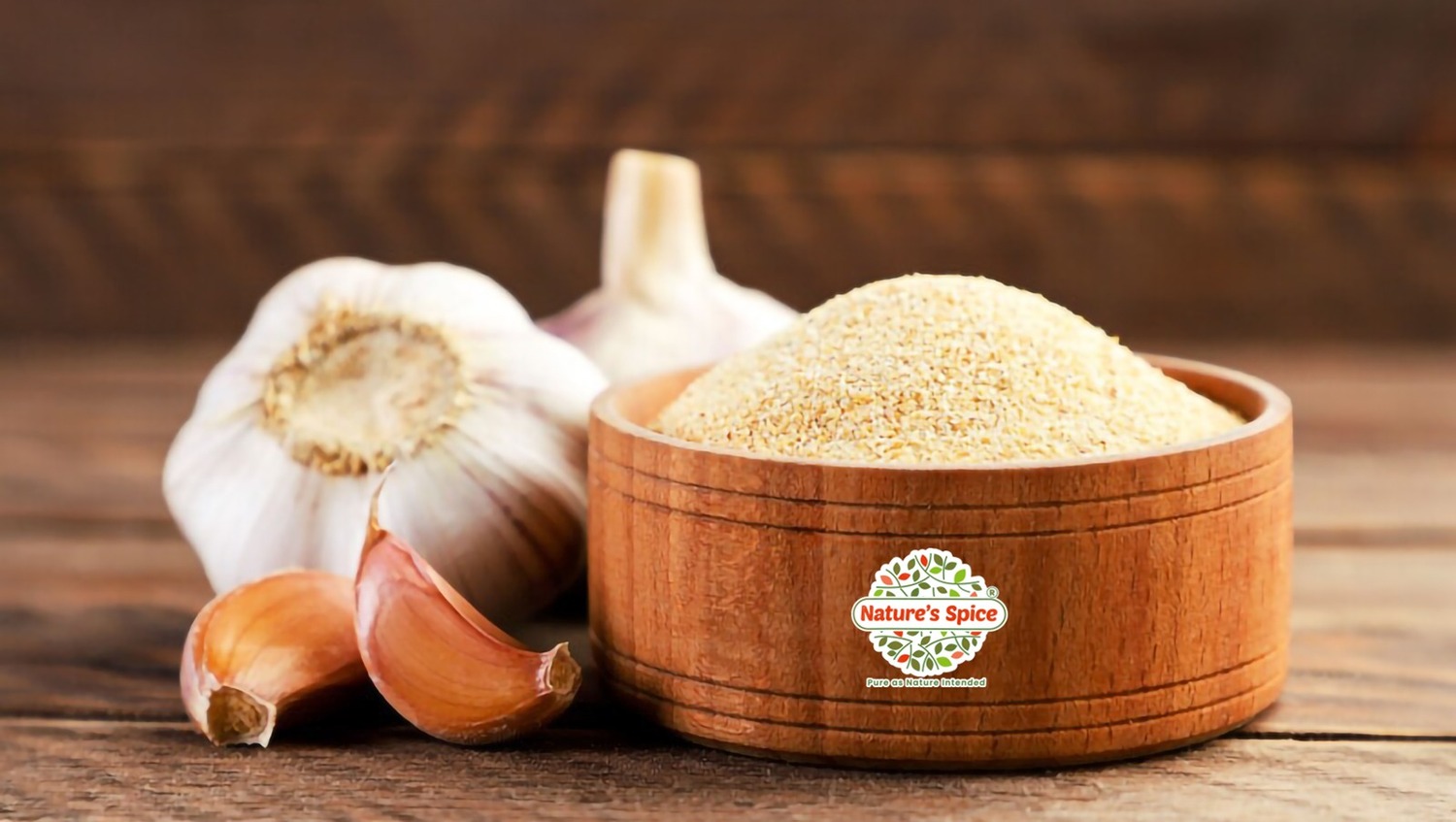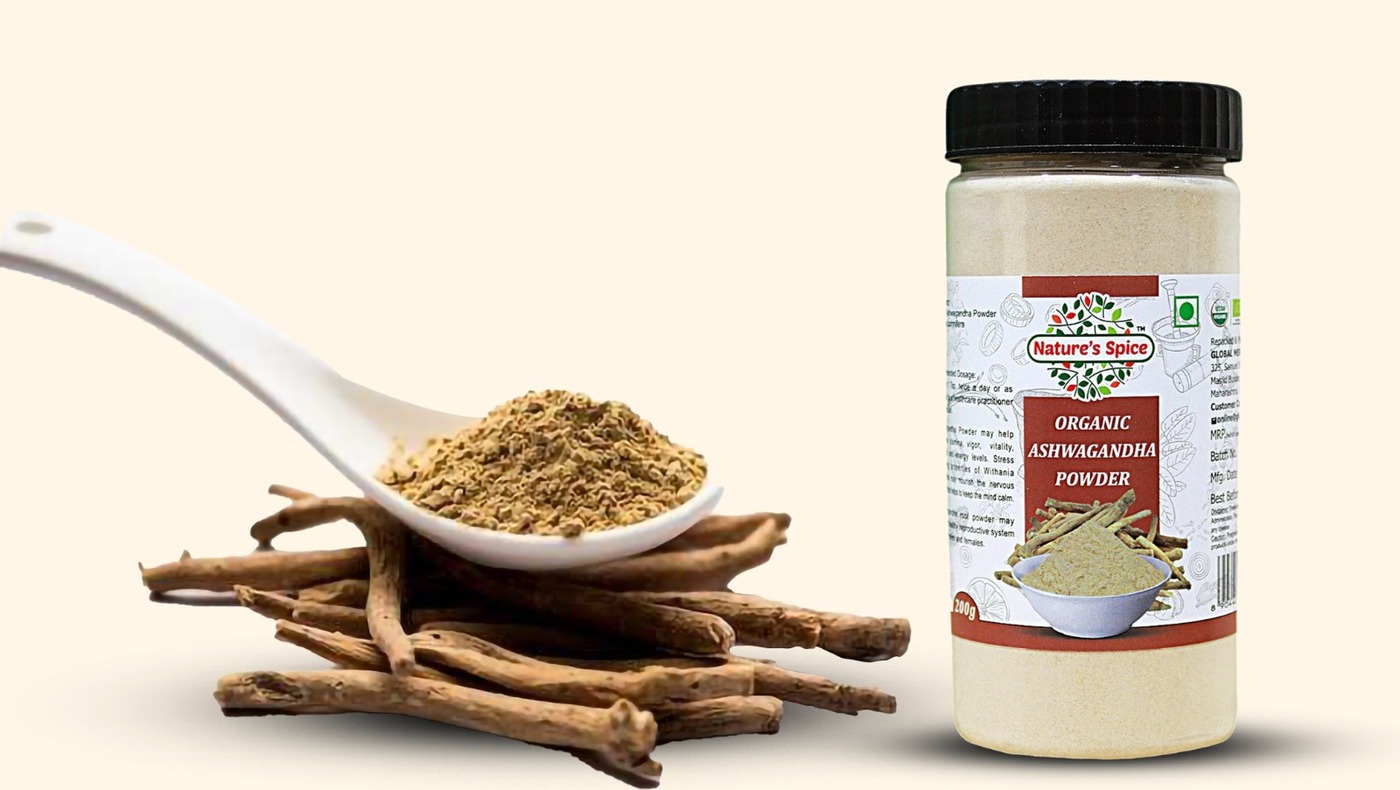Top 5 Ayurvedic Herbs for Immunity During Seasonal Changes

Strong 8k brings an ultra-HD IPTV experience to your living room and your pocket.
Ayurvedic herbs, an ancient tradition from India, are all about using nature’s healing power to stay healthy. As the seasons shift, our bodies can feel more run-down, catch colds, or become stressed. That’s where these herbs come in—they help boost immunity, improve digestion, and keep you feeling balanced and well.
If you’re new to Ayurvedic herbs or have been using them for a while, these 5 herbs are tried-and-true remedies you’ll want to try. They’re perfect for helping your body stay strong and healthy as the seasons change.
1. Ashwagandha
Ashwagandha, or “Indian Ginseng,” is a well-known Ayurvedic herb that helps refresh and balance the body. It’s an adaptogen, which helps your body handle stress better and supports your overall energy and well-being.
Key Benefits of Ashwagandha:
Lowers stress hormone (cortisol): Ashwagandha helps your body stay calm by reducing cortisol, the main hormone linked to stress.
Boosts immunity: It strengthens your immune system, making it easier to fight off colds and infections, especially during seasonal changes.
Increases energy and stamina: Ashwagandha helps reduce tiredness and keeps you feeling more active and strong.
Supports mental clarity: It improves brain function, helping you think more clearly and stay focused.
How to Use Ashwagandha:
You can consume Ashwagandha as a powder mixed with warm milk or water, or in capsule or tablet form. For best results, it’s often taken at night to promote restful sleep.
Ayurvedic Perspective:
In Ayurveda, Ashwagandha is known as a Rasayana, which means it helps refresh the body, support long life, and build strength against illness. People have been using it for thousands of years, as mentioned in ancient Ayurvedic books.
2. Tulsi (Holy Basil)
Tulsi (Ocimum sanctum), known as Holy Basil, holds a sacred place in Ayurvedic medicine and Indian culture. It’s considered a “miracle herb” for its wide-ranging health benefits, especially during seasonal transitions when respiratory health is a concern.
Key Benefits of Tulsi:
Supports breathing: Tulsi helps clear up coughs, colds, and blocked sinuses with its natural germ-fighting and soothing properties.
Strengthens immunity: It helps the body make more antibodies to fight off infections.
Reduces stress and calms the mind: Tulsi helps you feel more relaxed and less anxious, just like Ashwagandha.
Helps with digestion: It supports healthy digestion and soothes the stomach, especially after eating heavy or oily foods.
How to Use Tulsi:
Tulsi can be consumed fresh, dried, or brewed into tea. You can also find Tulsi tinctures, capsules, or even infused honey in natural health stores.
Ayurvedic Perspective:
Tulsi is considered a sattvic herb, promoting purity, clarity, and peace of mind. It’s often planted in homes and temples in India, not only for its health benefits but also for its spiritual and purifying qualities.
3. Turmeric (Haldi)
Turmeric (Curcuma longa) is one of the most studied herbs globally and an essential part of Ayurvedic healing. Known for its vibrant yellow color and distinct earthy flavor, turmeric offers powerful anti-inflammatory, antioxidant, and immune-boosting benefits.
Key Benefits of Turmeric:
Fights inflammation: Turmeric helps lower swelling in the body, which can protect your immune system and prevent illness.
Full of antioxidants: It helps protect your cells by fighting harmful substances called free radicals.
Good for the liver: Turmeric supports liver health, which is important for removing toxins and staying healthy.
Helps digestion: It boosts bile flow, which helps break down fats and keeps your stomach working well.
How to Use Turmeric:
Turmeric can be added to food, taken as capsules, or enjoyed in drinks like golden milk—a blend of turmeric, milk, and black pepper. The piperine in black pepper enhances curcumin (the active ingredient in turmeric) absorption significantly.
Ayurvedic Perspective:
Turmeric is called “Haridra” in Sanskrit and is considered a “tridoshic” herb—balancing Vata, Pitta, and Kapha. It’s used to purify the blood, improve skin, and support overall health.
4. Amla
Amla (Emblica officinalis), also known as Indian Gooseberry, is one of the most potent herbs for immunity in Ayurveda. It’s a cornerstone ingredient in the famous Ayurvedic tonic, Chyawanprash.
Key Benefits of Amla:
High in Vitamin C: Amla strengthens your immune system and helps your body absorb iron better.
Supports digestion: It has a cooling effect and gently helps with bowel movements, keeping digestion smooth without causing heat in the body.
Good for hair and skin: Amla helps refresh body tissues and is often used in natural beauty treatments.
Balances blood sugar: It helps keep blood sugar levels steady and supports overall metabolism.
How to Use Amla:
Amla can be taken in many forms—fresh, dried, or as a powder. It’s also found in juices and herbal mixes like Triphala.
Ayurvedic Perspective:
In Ayurveda, Amla is special because it has five out of the six tastes (except salty). This makes it very balanced for the body. It’s especially helpful during seasonal changes to keep you strong and healthy.
5. Guduchi
Guduchi, also known as Giloy, is called “Amrita” in Sanskrit, which means the “root of immortality.” It’s one of the best natural herbs for boosting immunity and reducing long-term inflammation.
Key Benefits of Guduchi:
Boosts immunity: It helps activate immune cells, making the body better at fighting infections.
Cleanses the body: It supports liver health and helps remove toxins.
Aids digestion: It balances the body’s energy and promotes healthy gut bacteria.
Reduces fever and swelling: It’s especially helpful for viral infections and conditions where the body’s immune system is overactive.
How to Use Guduchi:
Guduchi is usually taken as a powder or tablet. It can also be made into tea or added to herbal blends recommended by Ayurvedic practitioners.
Ayurvedic Perspective:
Guduchi is a powerful Rasayana and immune modulator. It’s extensively used in classical Ayurvedic formulations to enhance longevity, memory, and overall resistance to disease.
Why Choose Ayurvedic Herbs?
Choosing Ayurvedic herbs isn’t just about following a trend—it’s about adopting a lifestyle focused on natural healing, balance, and long-term health. These herbs have been used for thousands of years in Ayurveda, and they aim to prevent illness by keeping the body, mind, and environment in harmony. Unlike synthetic medicines, Ayurvedic herbs are plant-based and work gently with your body to boost immunity, aid digestion, and reduce stress.
These herbs are even more powerful because they can be customized to fit your body type or dosha, ensuring they meet your unique needs. Whether you’re dealing with seasonal tiredness, want to strengthen your immune system, or simply feel more balanced, Ayurvedic herbs provide a safe and effective solution. Plus, with more organic Ayurvedic herbs available online, it’s easier than ever to make them part of your daily routine.
FAQS
1. How long does it take to see the benefits of Ayurvedic herbs?
Results can vary based on the herb and individual body types (doshas). Some people notice improvements like better energy or digestion within a few days, while deeper benefits like stress reduction and immunity support may take a few weeks of consistent use.
2. Can I take multiple Ayurvedic herbs at the same time?
Yes, many Ayurvedic herbs can be combined for enhanced benefits. For example, Ashwagandha and Tulsi can both support stress relief. However, it’s best to start slowly and consult with an Ayurvedic practitioner to create the right combination for your needs.
3. Are there any side effects of using Ayurvedic herbs?
Ayurvedic herbs are generally safe when used properly, but taking too much or not following your body’s needs can cause mild side effects like digestive upset. Always follow recommended dosages and consult a healthcare provider if you have existing health conditions or are on medication.
4. What is the best way to consume these herbs daily?
You can easily incorporate Ayurvedic herbs into your daily routine through powders mixed in water or milk, herbal teas, capsules, or even by adding them to your meals. Choosing organic, high-quality products ensures you get the best results.
5. Can I use Ayurvedic herbs during seasonal changes only or year-round?
While these herbs are especially helpful during seasonal transitions, they can be taken year-round to maintain strong immunity, better digestion, and emotional balance. Regular use builds resilience and promotes long-term wellness.
Note: IndiBlogHub features both user-submitted and editorial content. We do not verify third-party contributions. Read our Disclaimer and Privacy Policyfor details.







